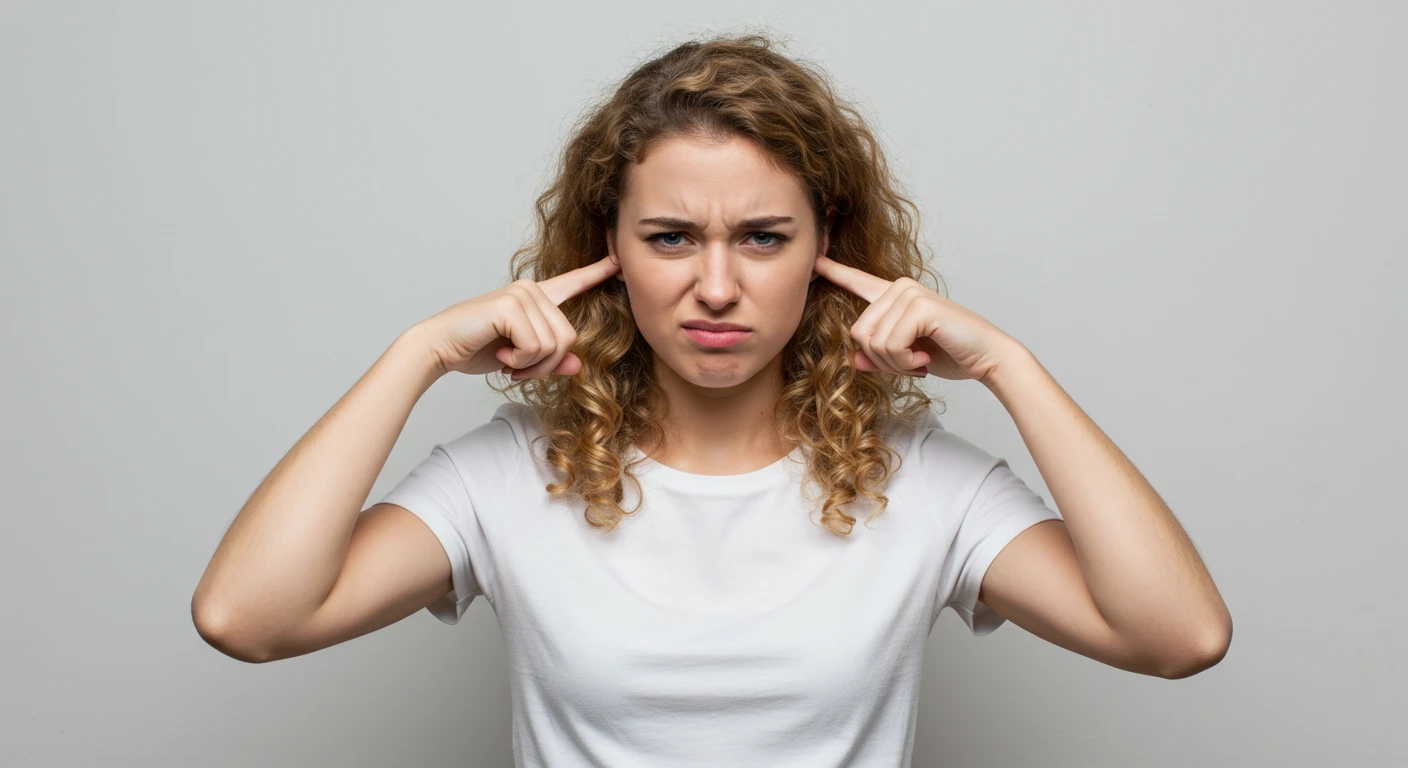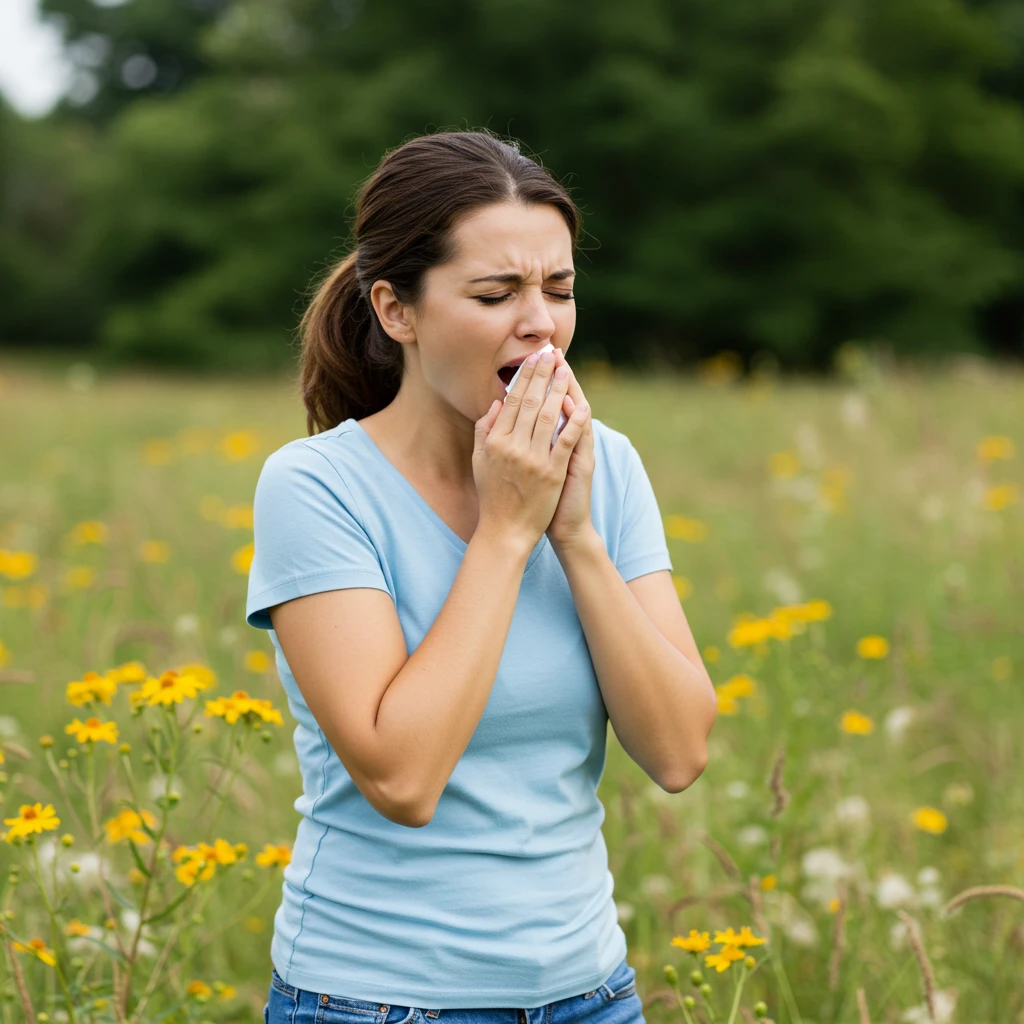
Can Outdoor Grass Pollen Cause Ears to Be Plugged Up?
If you’re like many allergy sufferers, you may already expect the itchy eyes, sneezing, and runny nose each spring. But what about that plugged ear feeling — like you’re underwater or can’t hear clearly? It might surprise you to learn that outdoor grass pollen can indeed cause your ears to feel blocked. Let’s break down the connection between pollen allergies and ear pressure and explore what you can do to relieve it.
What Happens During a Grass Pollen Allergy?
Grass pollen is one of the most common triggers of seasonal allergic rhinitis (hay fever). When your immune system mistakenly identifies pollen as a threat, it releases histamines and other chemicals to combat it. This allergic reaction leads to:
- Sneezing
- Nasal congestion
- Itchy, watery eyes
- Runny nose
- Postnasal drip
While these symptoms affect your nose and eyes, they can also impact your ears, particularly your Eustachian tubes, which help maintain pressure and fluid balance in your middle ear.
How Do Pollen Allergies Affect the Ears?
Your ears, nose, and throat are all interconnected. When you breathe in pollen, it triggers inflammation in your nasal passages. This inflammation can extend to your Eustachian tubes, causing them to become swollen or blocked.
Here’s what that can lead to:
- Plugged or clogged sensation in the ears
- Popping sounds when swallowing or yawning
- Muffled hearing
- Mild ear pain or discomfort
- Balance issues or dizziness
This condition is known as Eustachian Tube Dysfunction (ETD) and is often worsened during allergy season.
Why Does Grass Pollen Affect Some People More?
Grass pollen levels are highest in late spring and early summer. However, sensitivity to grass pollen varies from person to person. You may be more susceptible if:
- You have a family history of seasonal allergies
- You have already experienced hay fever or asthma
- You’re exposed to high pollen levels regularly (e.g., outdoor workers)
- You live in an area with lots of vegetation or grass fields
When grass pollen enters your system, your body goes into overdrive trying to fight it off, leading to inflammation and fluid buildup, which includes the areas around your ears.
Is It an Ear Infection or Allergies?
A plugged-ear feeling might make you think you have an ear infection. While the symptoms can overlap, the root causes differ.
| Symptom | Allergy-Related Plugged Ears | Ear Infection |
|---|---|---|
| Pain | Mild or none | Moderate to severe |
| Fever | Rare | Common |
| Drainage from the ear | Rare | Possible |
| Duration | Seasonal | Can persist until treated |
| Accompanied by | Sneezing, nasal congestion | Fever, fatigue, sharp pain |
If you’re unsure, a visit to an allergist or ENT specialist can help identify the cause.
How to Relieve Plugged Ears from Grass Pollen
You don’t have to suffer through allergy season with plugged ears. Here are some effective ways to find relief:
1. Antihistamines
Over-the-counter or prescription antihistamines help reduce the body’s allergic response, easing inflammation and fluid buildup.
2. Nasal Corticosteroids
These reduce swelling in the nasal passages, improving drainage and easing pressure on the Eustachian tubes.
3. Decongestants
Oral or nasal decongestants can provide short-term relief by shrinking swollen tissues and opening up airways. However, they shouldn’t be used for more than a few days consecutively.
4. Saline Nasal Rinses
Using a neti pot or saline spray can flush out allergens and relieve sinus pressure.
5. Allergy Shots (Immunotherapy)
For long-term allergy control, immunotherapy gradually desensitizes your body to specific allergens like grass pollen.
6. Avoidance Strategies
Stay indoors on high pollen days, keep windows closed, use air purifiers, and shower after spending time outdoors.
When to See an Allergy Specialist
If your plugged ears persist beyond allergy season or become painful, it’s time to seek professional help. You may need:
- Hearing tests to rule out other causes
- Allergy testing to pinpoint specific triggers
- Prescription medication or Eustachian tube treatments
An allergist can help you manage symptoms more effectively, especially if you’re unsure whether allergies are the main culprit.
So, can outdoor grass pollen cause ears to be plugged? Absolutely. Seasonal allergies don’t just affect your nose and eyes — they can impact your ears too, thanks to the interconnected nature of your sinuses and middle ear. If you’re struggling with that underwater feeling during allergy season, you’re not alone. The good news is that with proper management — from medications to lifestyle changes — you can breathe (and hear) easier.
If plugged ears are making life difficult, Frontier Allergist is here to help. Book an appointment with one of our specialists today and take the first step toward clearer ears and a better allergy season.
FAQs
Can grass pollen cause blockage in both ears?
Yes, it’s common for both ears to be affected if your allergy response is severe. However, one ear may feel more congested than the other, depending on your sleeping position or sinus drainage.
Does taking allergy medicine prevent plugged ears?
It can help. Antihistamines and nasal sprays reduce inflammation, which can prevent Eustachian tube blockage. Starting medication before allergy season can be especially effective.
Can allergies cause permanent ear damage?
Allergy-induced ear symptoms are usually temporary. However, chronic Eustachian tube dysfunction can lead to complications like fluid buildup or infections. Early treatment can prevent long-term issues.

Written/Reviewed by: Dr. Neha Reshamwala
NPI number: 1780874578
Page last reviewed:


 All blog posts
All blog posts






